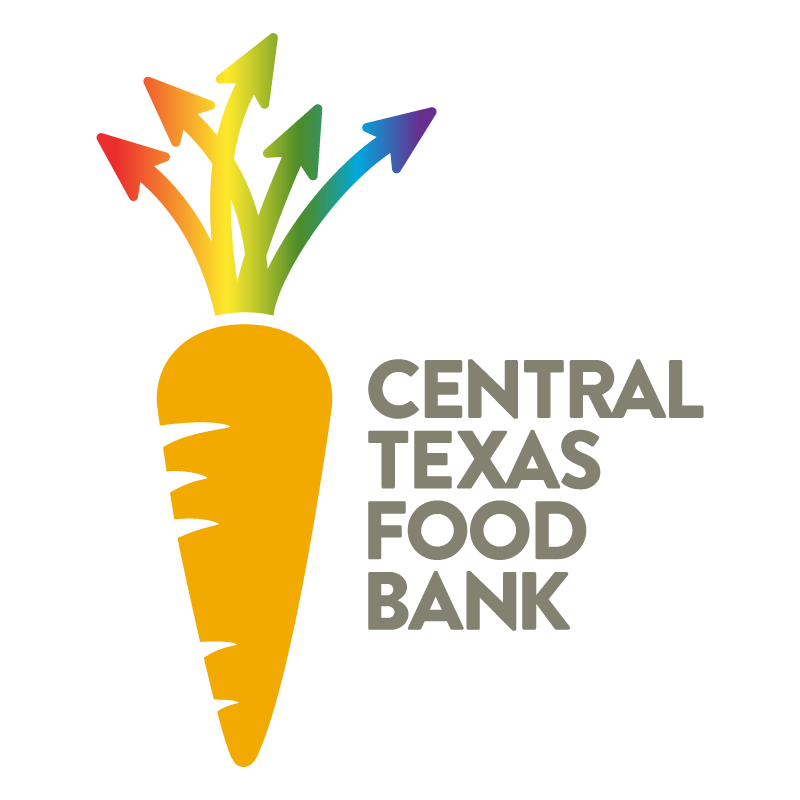With the heat set to high, the onion and garlic simmering in the pan soon start changing colors and filling the room with an aroma that makes people stop and sit in for the cooking demonstration. About twenty-five minutes later, rotini with chicken and spinach is served.
At 59 years of age, Josephine learns how to properly cut an onion as she helps prepare the meal during the Food Bank’s cooking demonstration. Today’s class focuses on clean and whole grains and kitchen safety, but this is just one of the cooking demonstrations to promote healthy eating the Food Bank offers.
“I always learn something,” Josephine said. “At my age it’s easy to think that I know a lot, but I learned things today that I didn’t know.”
Learning how to make new dishes is an added bonus for Josephine, who has been attending the cooking demonstrations. For her, the information she receives oh how to eat healthier has increased her knowledge on how to eat better to combat her diabetes. Before attending the demonstrations, her diet included more sugar, but with the help of the information she has received, her blood sugar has lowered.
“I’d rather change the diabetes with food instead of medicine,” she said. “I don’t like medicine.”
For Josephine, it’s not easy to get educated on healthy eating. As a resident of Williamson County, the lack of public transportation makes it difficult to attend classes about diabetes that are offered elsewhere.
“I come to these because I’m a diabetic and it helps me for education on diabetes,” she said.
As a recipient of SNAP benefits she needs to stretch her budget and the lack of transportation makes grocery trips difficult. With only a convenience store next to her apartment complex to buy basic snacks, going to the grocery store means asking neighbors for a ride to the store or waiting for her son to take her.
“We are in a desert here on the side of Leander Road,” she said. “For people without transportation and with no public transportation, it’s not always easy to access food and vegetables.”
When she does get the opportunity to go grocery shopping, Josephine heads straight towards the produce. The classes have taught her to be aware of healthy food choices and how to be more resourceful. With the material she has received at the classes, she now knows she can use canned chicken for recipes; that left-over rotisserie chicken can be substituted in other meals; that fat-free popcorn is a source of whole grain. And she’s more conscious about the ingredients on a food label.
“I love cooking,” she said. “I learn some things every time I come to a class.”
National Nutrition Month is celebrated this month and everyone is encouraged to make informed food choices and lead a healthy lifestyle. The Food Bank facilitates nutrition education year-round, like the cooking demonstration Josephine attended, to help attendees make healthy choices during mealtime on a limited budget. Nutrition educators will guide you through hands-on activities during our classes. Topics include: basic nutrition guidelines, chronic disease prevention, healthy meal planning on a limited budget and food safety. Learn more about the classes we offer here.






